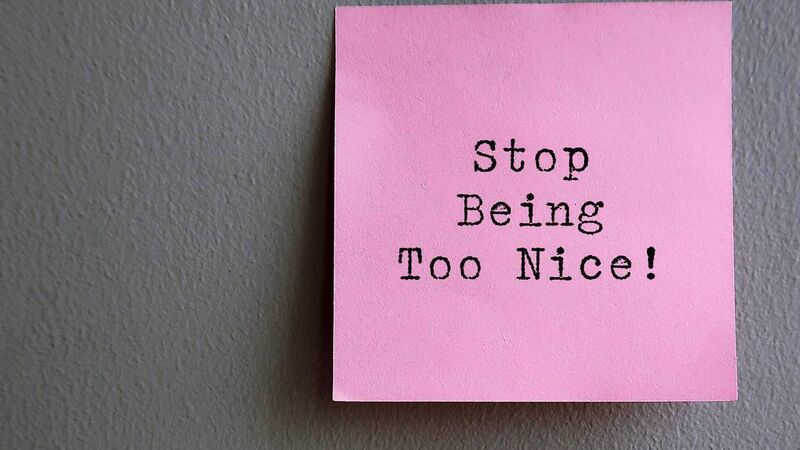Workplace Wellbeing: How to get over that people-pleasing urge

People pleasing is not the same as being kind, thoughtful, and attentive, says organisational psychologist Leisha Redmond McGrath. “There are times in life when it’s natural, normal, and even expected that we would put others’ needs ahead of our own.
LINDSAY Brady hit the point of burnout three years ago. The 43-year-old, from Castleknock, Dublin, had risen through the ranks of the corporate world to become a global director at LinkedIn, but was unhappy.










